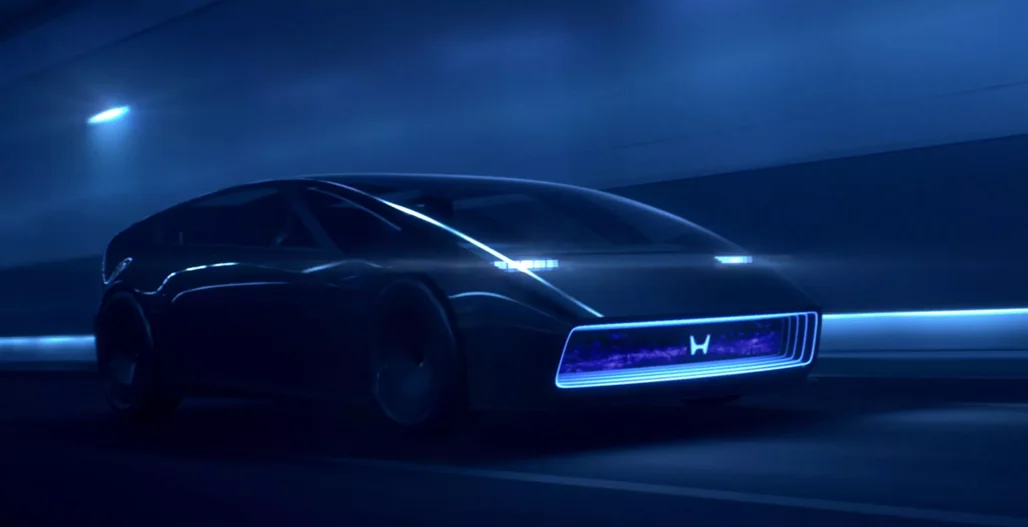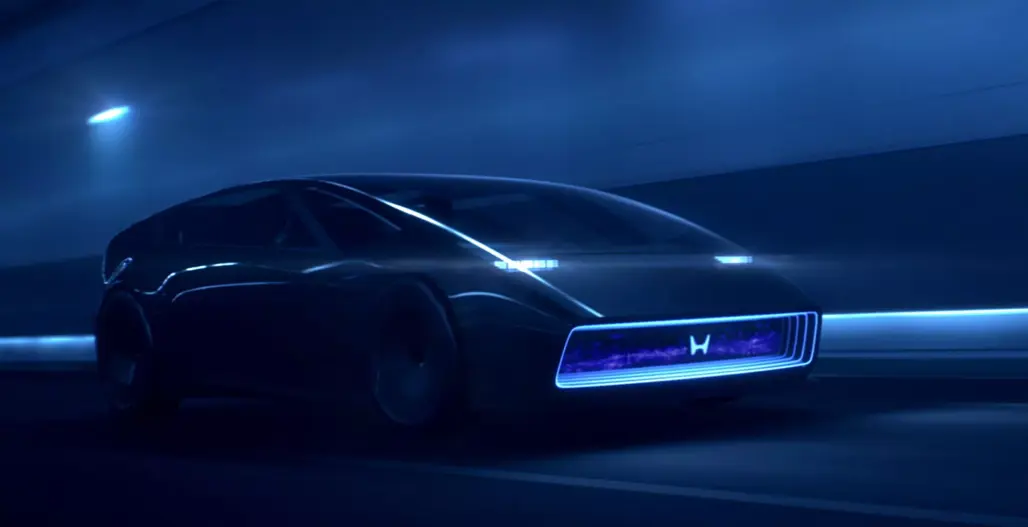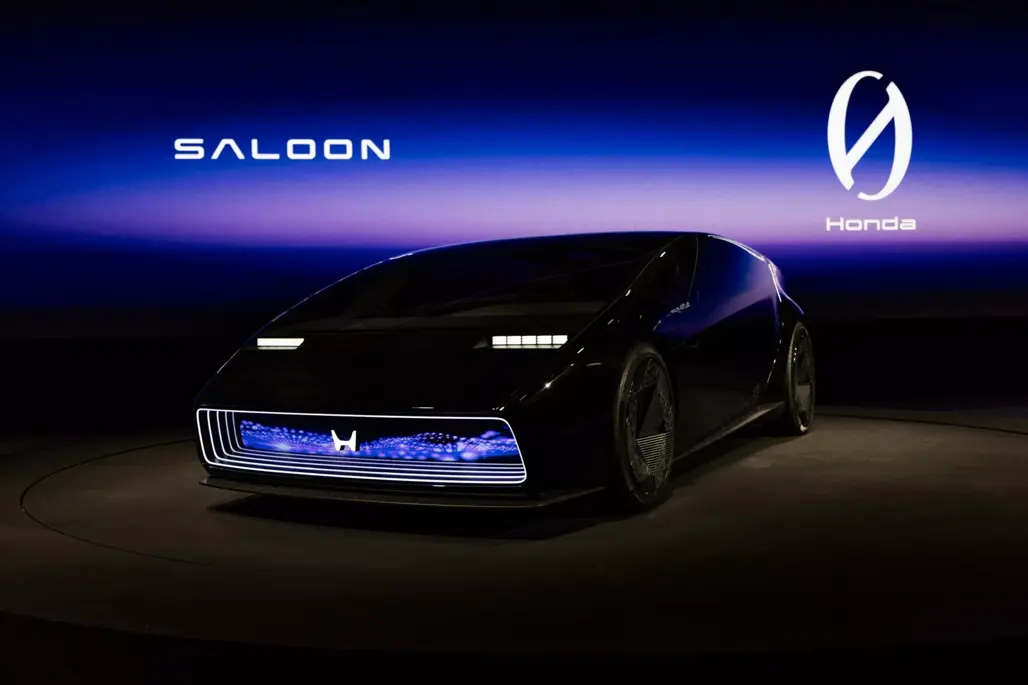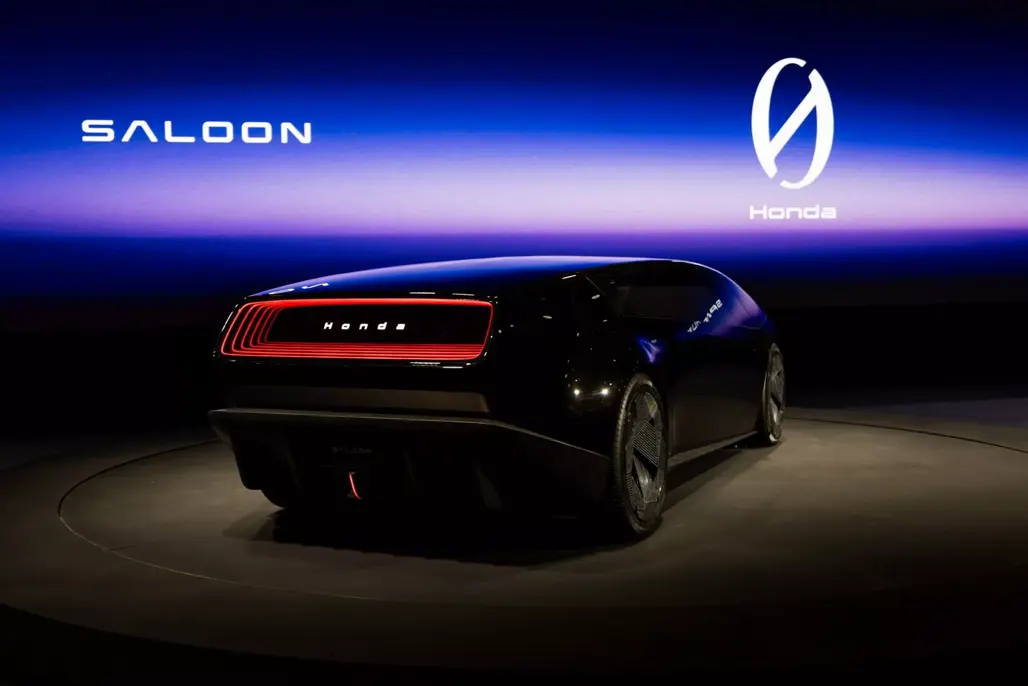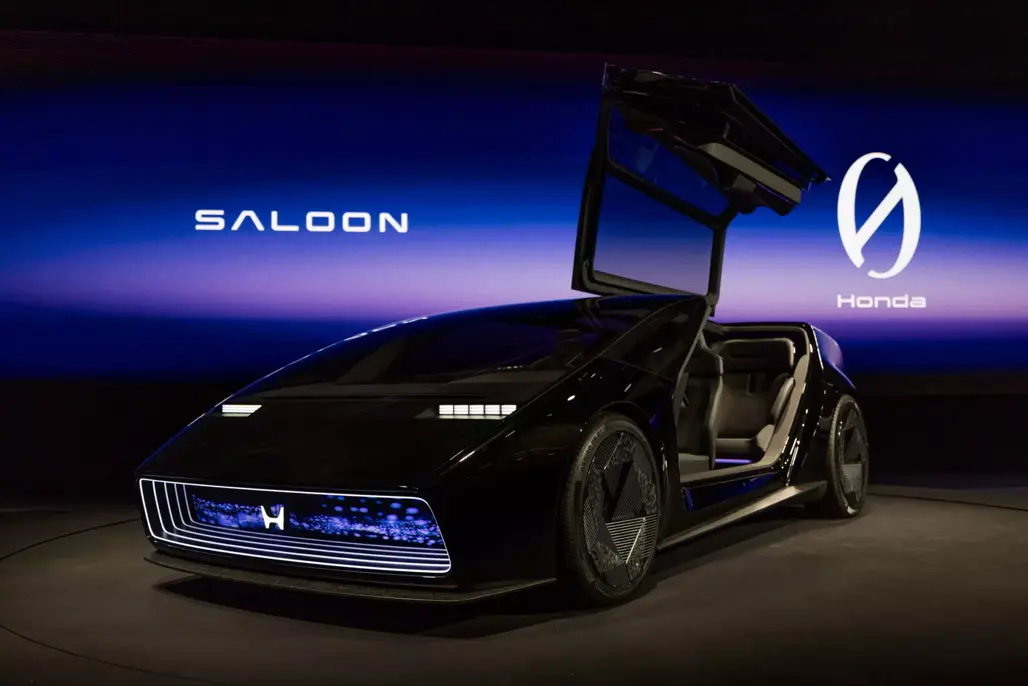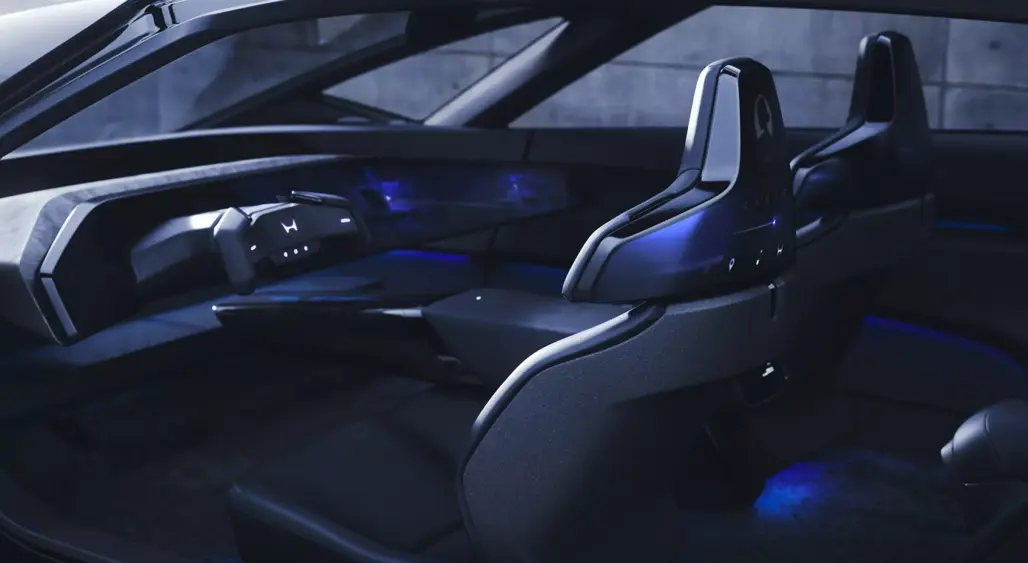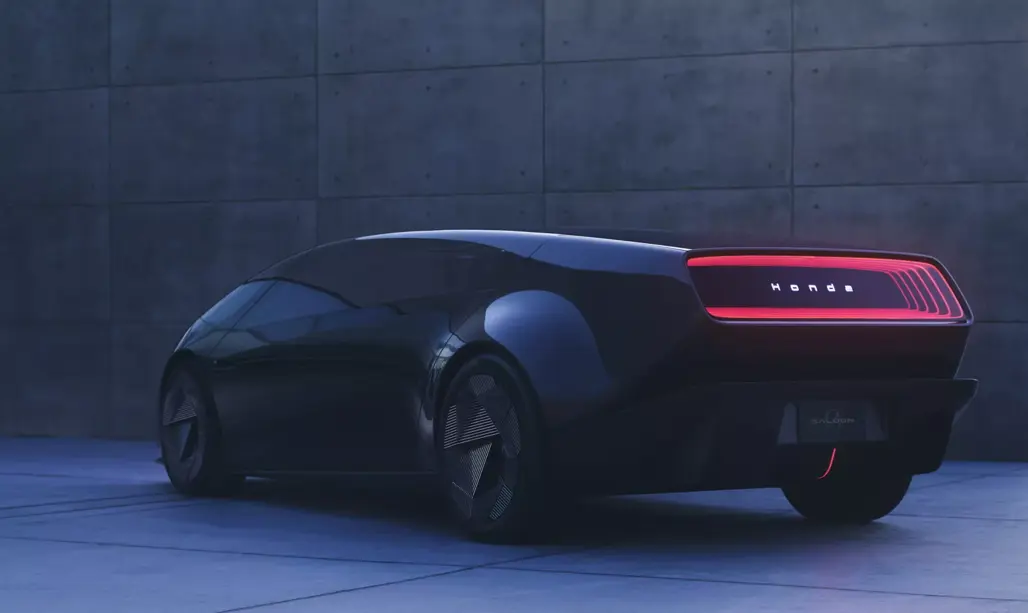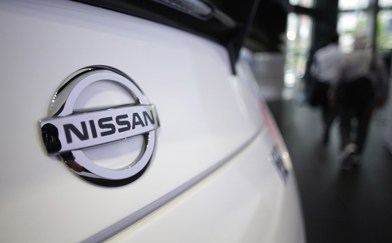Honda has recently expressed a bold critique of Chinese electric sedans, emphasising the need for deeper design innovation in the segment.
Honda's take on design evolution
Over the years, Chinese automotive designs have evolved remarkably, moving away from merely imitating international models to developing their own unique styles.
One such example is the BYD Seal, an increasingly popular EV brought to life by ex-Audi design chief Wolfgang Egger.
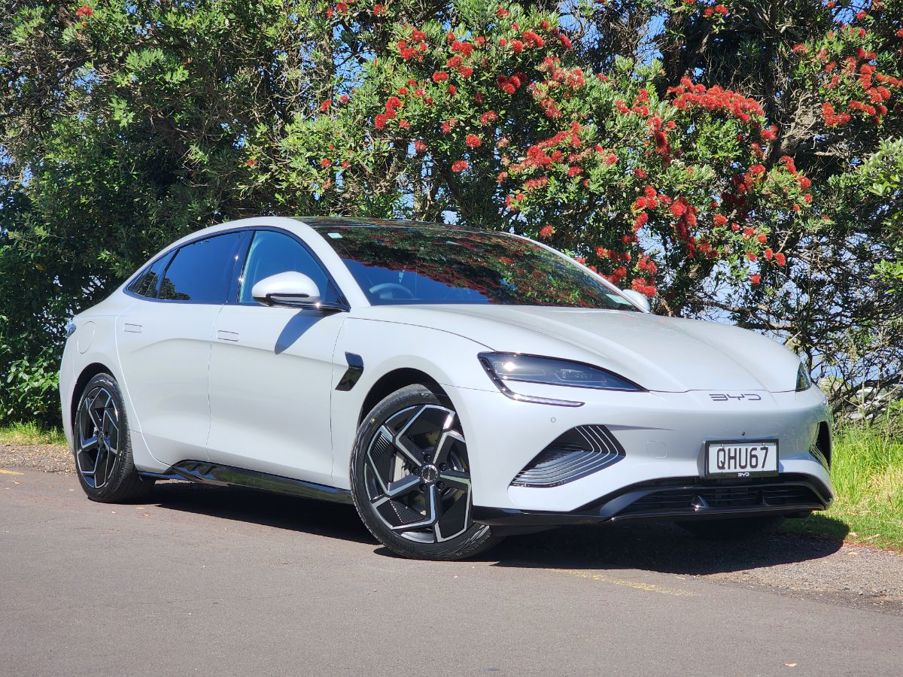
Honda, however, believes that while Chinese designs have become more refined, they lack depth and are superficial.
Daisuke Tsutamori, Honda's e-mobility design division creative director, highlighted this viewpoint in an interview with Automotive News Europe, stressing the importance of simplicity and essentialism in design.
"In China, you have seen a lot of further refinement of that kind of styling. But it is very superficial. Refined but superficial," he said. Honda wanted to come up with something that was simpler, more essential."
Honda Saloon EV: a new design paradigm

In contrast, Honda introduced a strikingly different approach with its wedge-shaped electric vehicle (EV) concept, the 'Saloon', at this year's Consumer Electronics Show (CES).
Despite its seemingly unoriginal name, the Saloon is anticipated to retain around 90 per cent of its concept design in the production version, scheduled for North America in 2026.

The design, inspired by renowned automotive designer Marcello Gandini, aims to embody Honda's values in a fresh, innovative way.
This approach signifies a shift towards a more substantial and thoughtful design language in the brand's future EV models.
Future prospects

Honda's Saloon concept paves the way for the company's upcoming '0 Series' EV lineup.
These vehicles, built on a dedicated electric platform, promise to deliver not only sleek exteriors but also surprisingly spacious interiors.
The flagship low-slung sedan of this series is expected to reflect Honda's commitment to innovative design and functionality.
Seeking originality

While the name of this new model is yet to be decided, there is a push for a more original naming convention, moving away from bland alphanumeric labels. This indicates Honda's broader strategy of embracing uniqueness in every aspect of its electric vehicle lineup.
The shift in Honda's design philosophy and the discontinuation of the Honda e hatchback mark significant steps in the company's journey towards innovative and meaningful EV designs.

